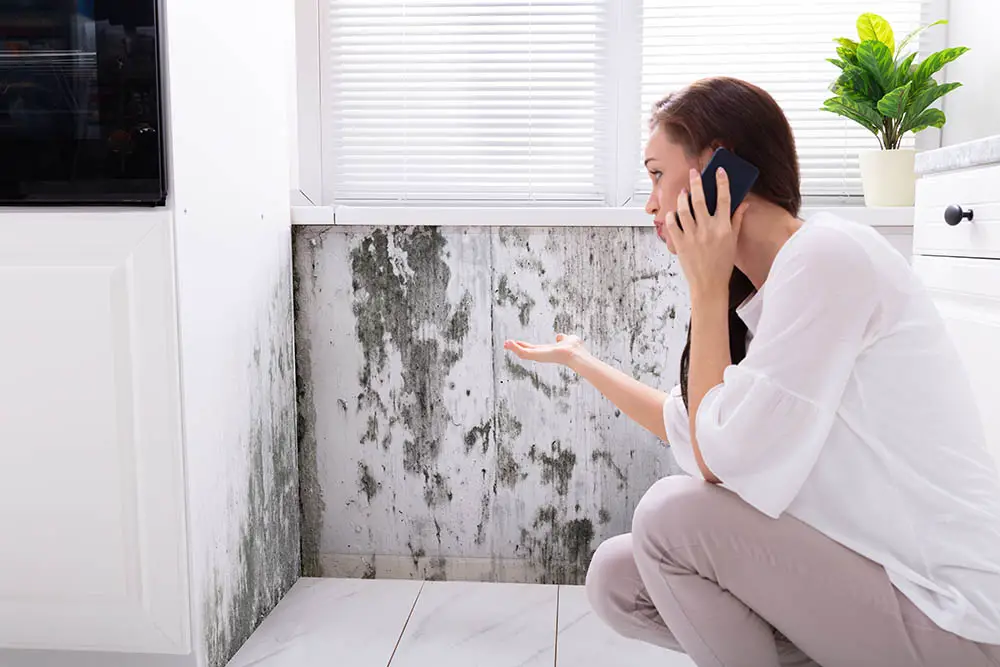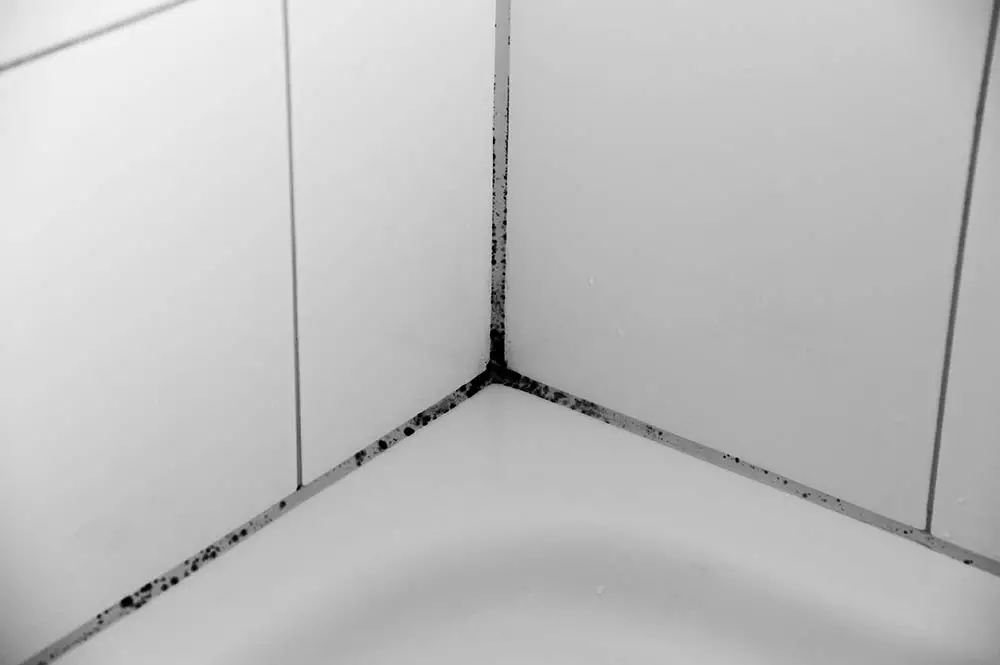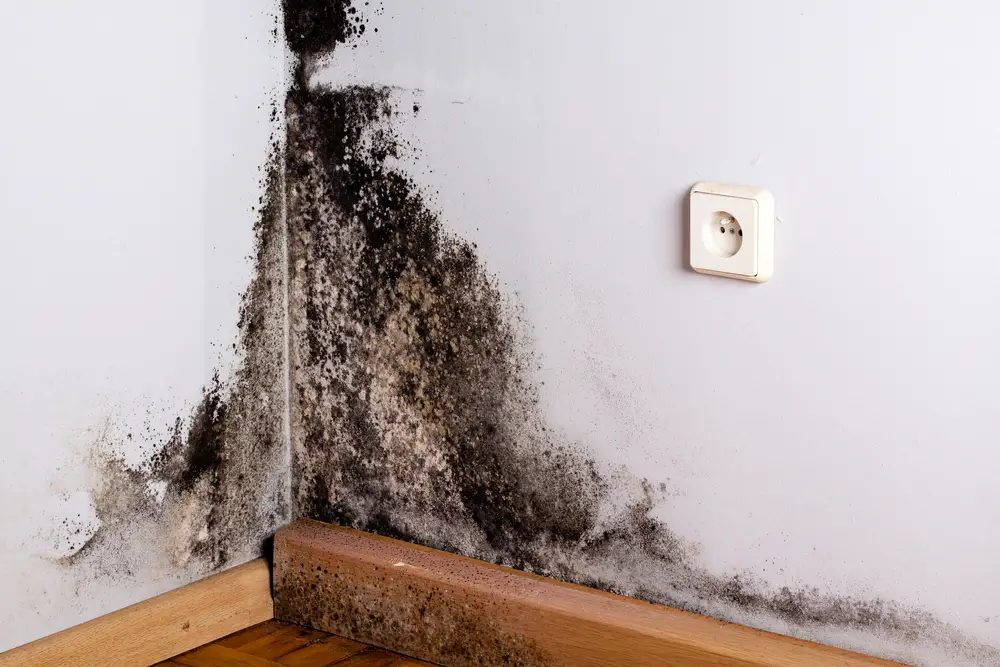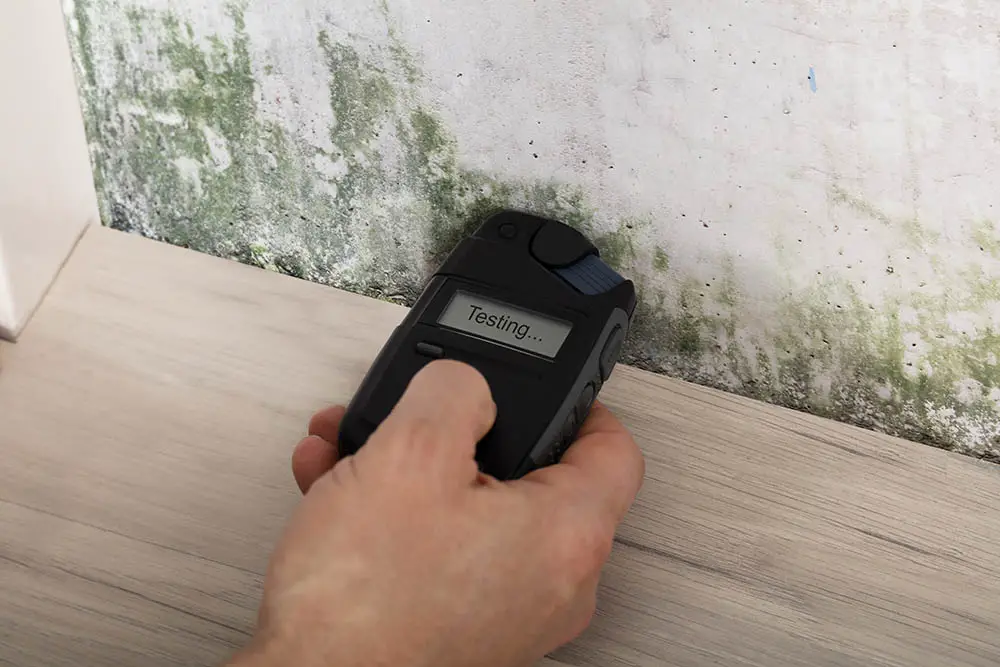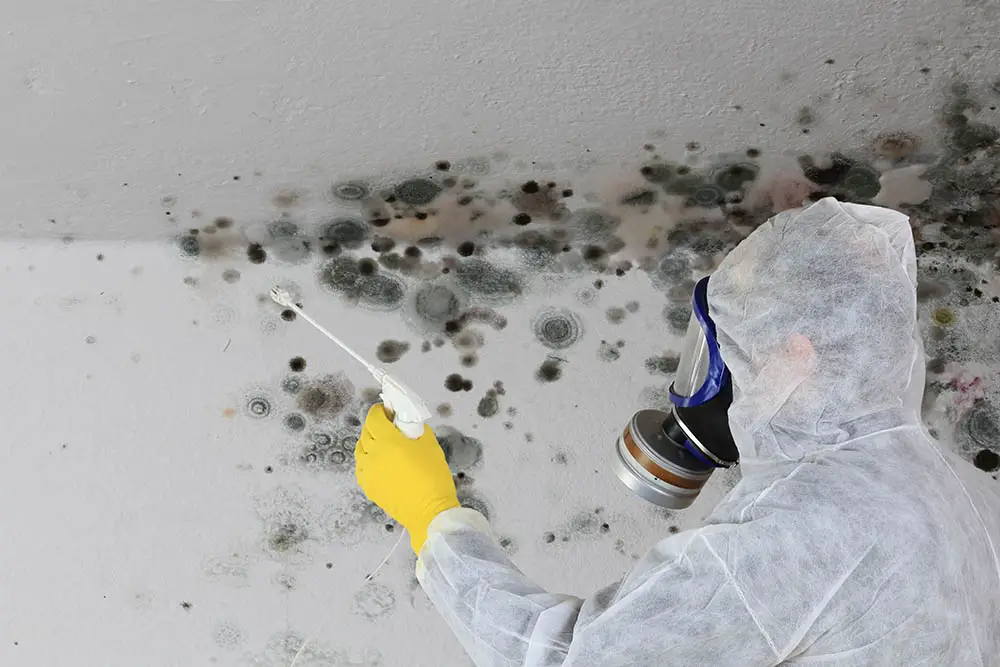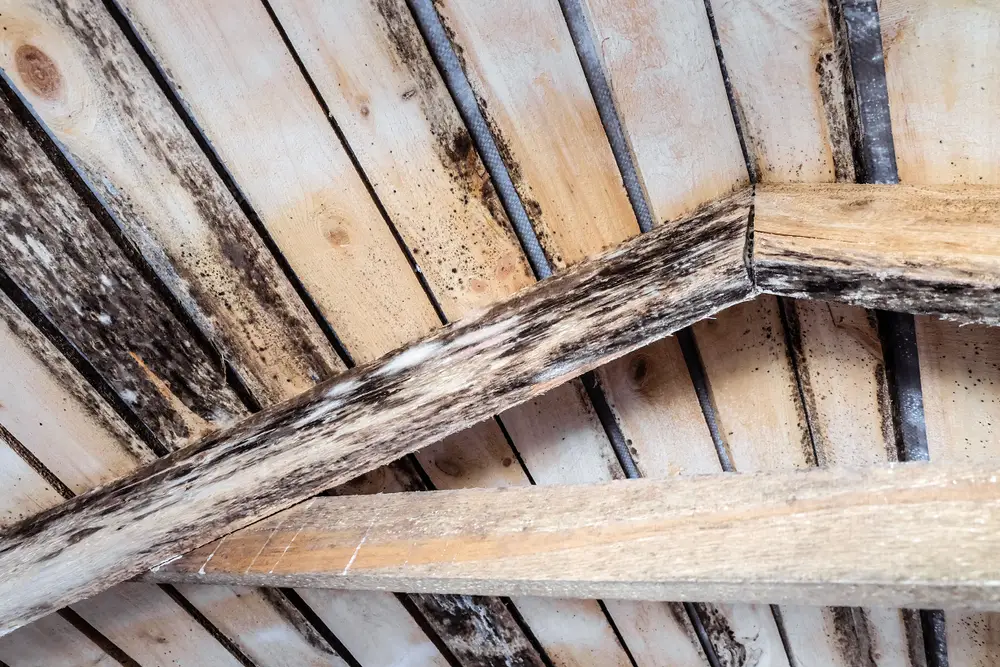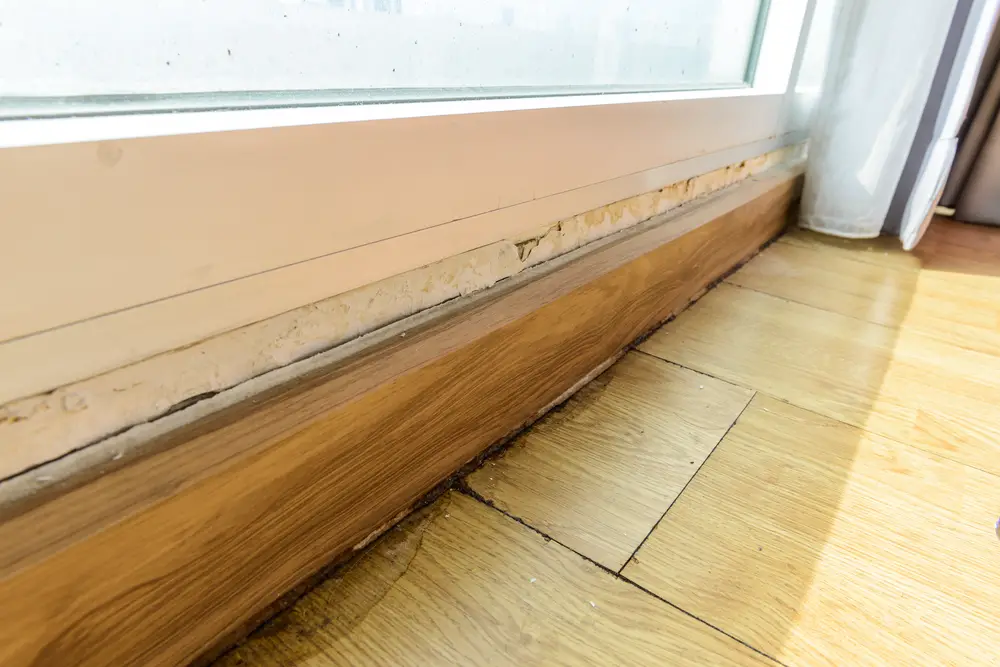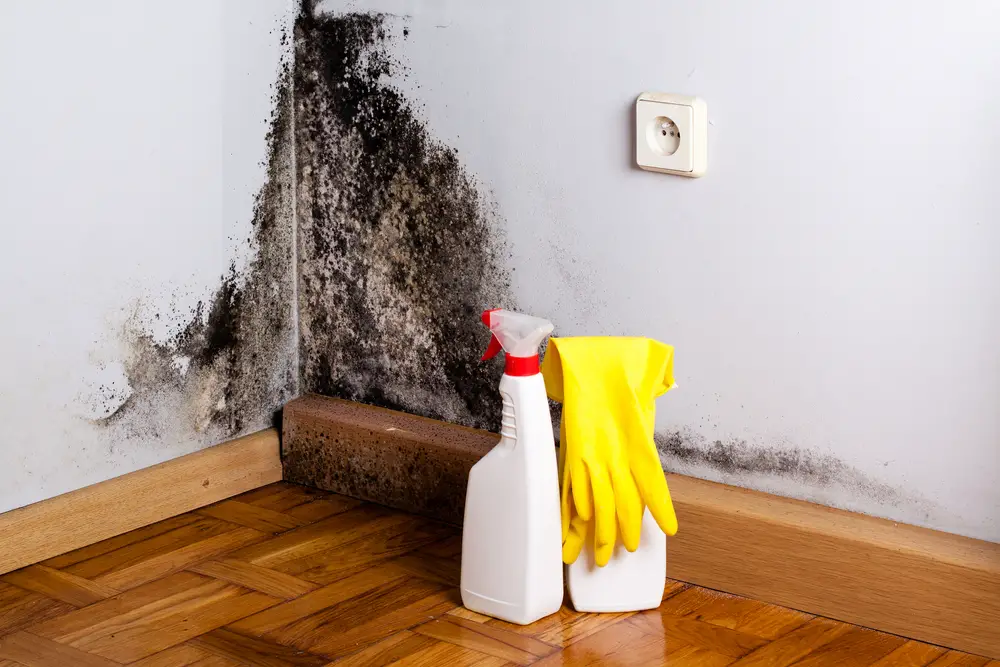Navigating the sale of a home tainted by mold can be a complex process. Some uncertainties may arise regarding the obligation to remediate the mold and it can be daunting. If you find yourself in this situation, wondering if sellers have to remediate mold, you’re in the right place.
In this post, we will delve into strategies for handling specific scenarios when selling a house with mold. Whether you’re a seller seeking guidance or a buyer, we’ll provide insights to help you in this process.
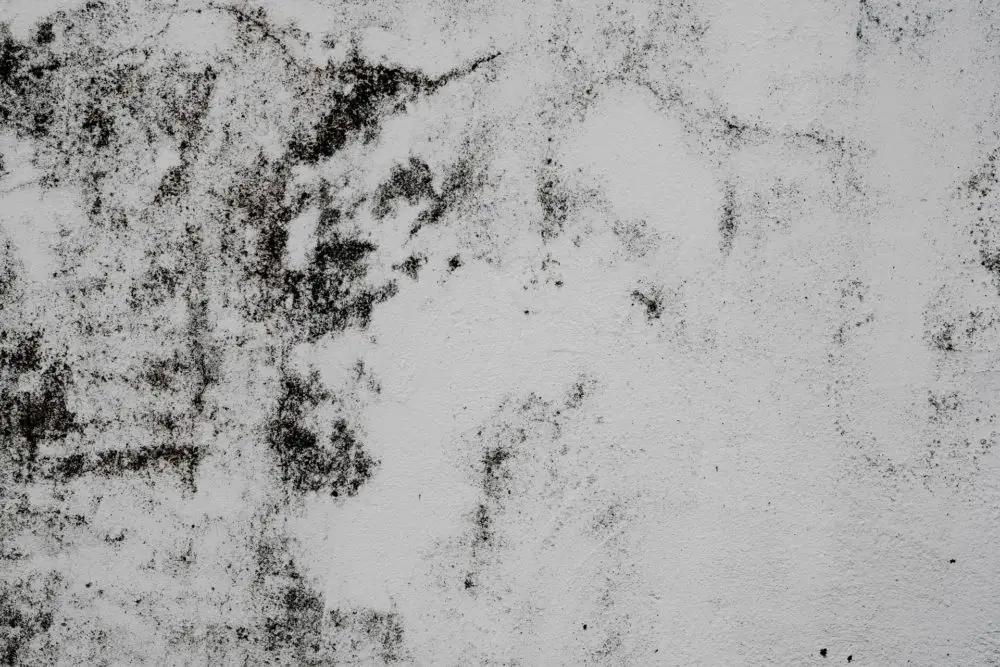
Do Home Sellers Have to Remediate Mold?
Remediating mold is not just a cosmetic concern; it’s a critical step for house sellers looking to facilitate a successful sale. A property with mold issues can significantly deter potential buyers or lead to offers falling through once the mold is discovered.
For minor mold infestations within your capabilities, attempting a DIY approach with a diluted bleach-water solution might suffice. However, when the extent of mold growth exceeds your ability to address it effectively, seeking professional intervention becomes imperative.
If the visible presence of mold is apparent in your home, it is crucial to get treatment. Attempting to conceal mold by painting over it is not a viable solution, as house inspectors may uncover it. Besides, it wouldn’t be fair to new homeowners to discover mold issues post-purchase.
In the event that a house inspector detects mold, the information will be relayed to the buyer. This revelation can prompt the buyer to request remediation before proceeding with the purchase, potentially elongating the buying process.
However, if you’re unwilling to cover the cost of mold remediation, consider offering a credit or lowering the house price. This way, the buyer can use the adjusted funds to address the mold issue themselves. Ultimately, prioritizing mold remediation will enhance the marketability of your property foster a transparent and smoother selling process.

Do Home Sellers Have to Disclose Mold Remediation?
Yes, you should disclose mold remediation to your buyer or potential buyers when selling your home. Each state has different regulations, but regardless of where you live, you should disclose mold remediation when selling your house, even if it was a long time ago.
You should document the whole process of mold remediation. Make sure you get footage from pre, during, and after treatment. These receipts will be handy to prove that mold remediation took place.
Make sure you use a reputable mold remediation company that has all the required licenses and certificates. Through this, you’ll be giving extra assurance to your buyers that the remediation was done professionally.
Some mold remediation companies offer a long warranty on their services. This is usually for the event that the mold has spread to other areas of the house. Or if the service they provided wasn’t effective at treating the mold.
A licensed real estate agent will be able to guide you to what you should disclose to potential buyers when trying to sell your home. Although, we always say honesty is the best policy and will prevent disappointment if an offer was to fall through late through the process.
What To Do If Mold Is Found During A Home Inspection?
If you’re a buyer and your home inspector discovers mold when looking around the home, then you should ask the owners to have more time doing the home inspection so you call in mold professionals to come to take a look at the mold and see how much it would take to treat, you should walk around with them as they do their inspection to understand what they’re talking about.
Get some quotes from a few reputable companies. If you feel uncomfortable with this discovery of mold you can ask them to solve the mold problem by using the mold remediation company of your choice, not there’s to fix the problem, or if they’re not willing to do this, then ask them to lower the price of the sale so then you could use the spare money to cover the repairs before you move in.
Realistically a seller might not be willing to go through the mold remediation process if they want to make a quick sale on the house. Most especially if they know that there are lots of other interested buyers, so be prepared for disappointment. If you’re not willing to sacrifice the home, then you’ll need to come to an agreement with the buyer through either a reduction in price or by paying for the mold remediation by yourself.
What To Do If You Bought A House With Mold?
If you’ve already closed on a house and have now discovered there is mold inside, you will need to determine liability, whether it was the sellers who knew about it or if the home inspector failed to find or document the mold issue.
If you’re sure that the sellers were aware of the mold issue, then you could reach out to an attorney and see what they’d recommend. They may write up a demand letter declaring that the sellers should pay and solve the problem or they may just recommend you to solve the issue yourself.

